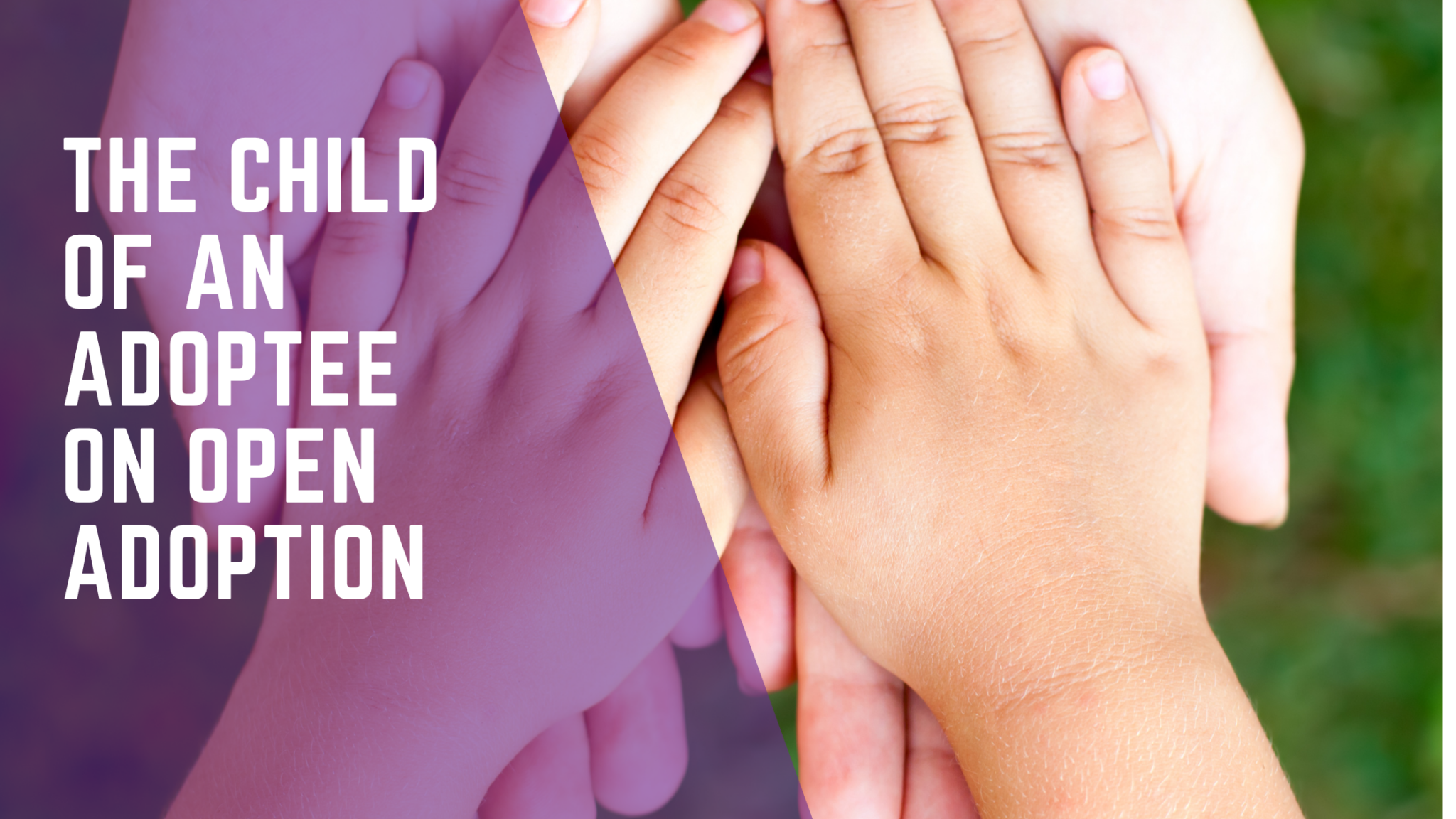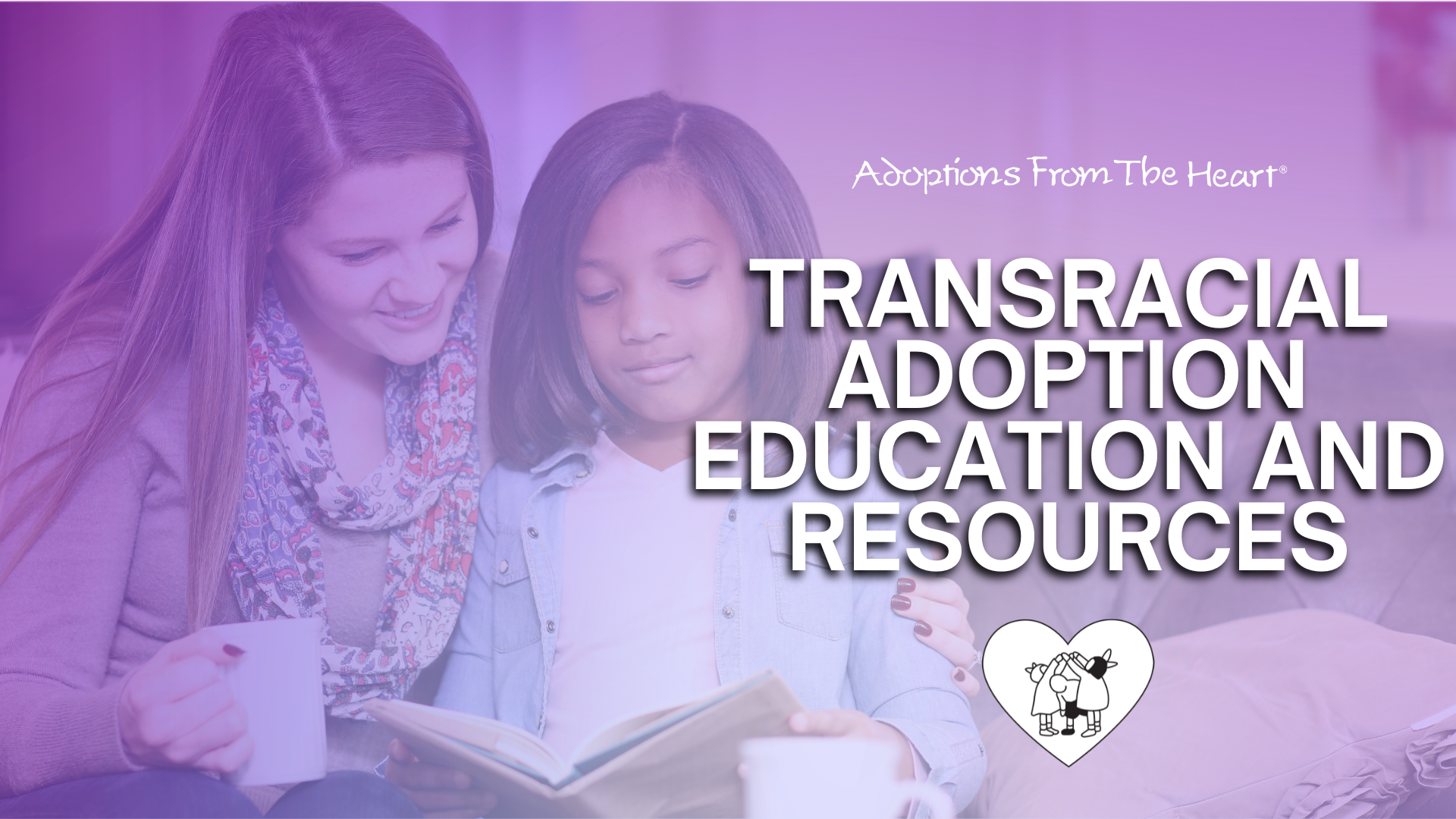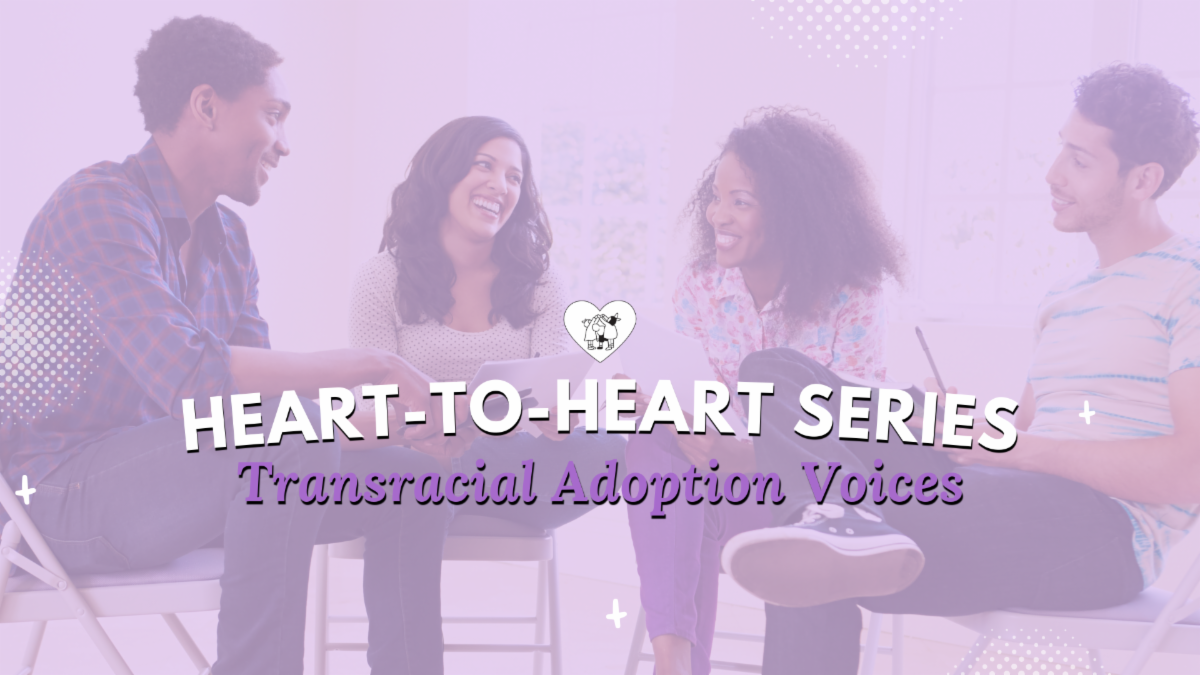AFTH’s latest Heart-to-Heart event took place on Feb. 22. The virtual event was hosted by AFTH’s own Amanda Aliberti. The purpose of the Heart-to-Heart webinar was to spotlight different transracial voices of adoption. Three birth parents and one adoptee spoke about their experiences with transracial adoption, going over the highs and lows of the process. The panel included birth moms Se’Ayra and Sharmaine, birth father Samai and adoptee Christian. Unfortunately, a fourth birth parent, Ayanna, could not attend.
Many topics were touched upon throughout the night, including asking the birth parents if race was a factor when choosing a family for their child. Both Se’Ayra and Samai said that race did not play much into their choice, as they simply wanted a family that would give their child a good life, regardless of race. For Sharmaine, though, race did have a part. She wanted to place her son with an African American family, but none were available, so she ended up picking a white couple. Clearly, birth parents can have personal preferences that influence their adoption experience.
A special spotlight was placed on Christian, as the only adoptee on the event panel. Christian was adopted from Chile by a white family. He spoke about how he was often told he resembled his parents, which was upsetting, because it reminded him that he was adopted. Christian was not exposed to many Latino people or culture as a child. He sought to reconnect with his birth culture as he got older, choosing to move to Chile for three years. Christian mentioned that both he and his parents wish they had exposed him to his birth culture more as a child, emphasizing the importance of being open with children in transracial families. He also wanted to bring attention to the fact that many assume transracial adoption is only between black and white families, when it can actually be between people of all races.
The birth parents on the panel also spoke about educating both children and adoptive parents about the child’s culture. Samai mentioned how when his child was being placed, the cultural gap was a bit of a concern. He reminded any prospective adoptive parents attending the webinar to be sensitive about their children’s culture. Se’Ayra also spoke about how she was happy her son was adopted by a family who lived in a multicultural area. He would be exposed to different people and cultures while also not having to deal with being the only black kid in his community, something she was concerned about. Sharmaine had a less positive experience. The family who adopted her son lived in all white neighborhood and were not very open to education. She said, looking back, she would not have chosen the family if she had known those facts at the time.
Each of the participants were asked how they would prepare prospective adoptive parents for transracial adoption. The consensus was that joining support groups, asking other people and communicating with the birth parents can help both the child and their parents in the future. The members of the panel also advised that adoption is a lifelong commitment. Prospective parents must prepare for all the hurdles that they may face.
All in all, the Heart-to-Heart was a resounding success. The donation goal of $500 was raised and multiple voices of transracial adoption were able to converse and inform others about their experiences. AFTH thanks everyone who attended and hopes to see everyone at the next Heart-to-Heart.



